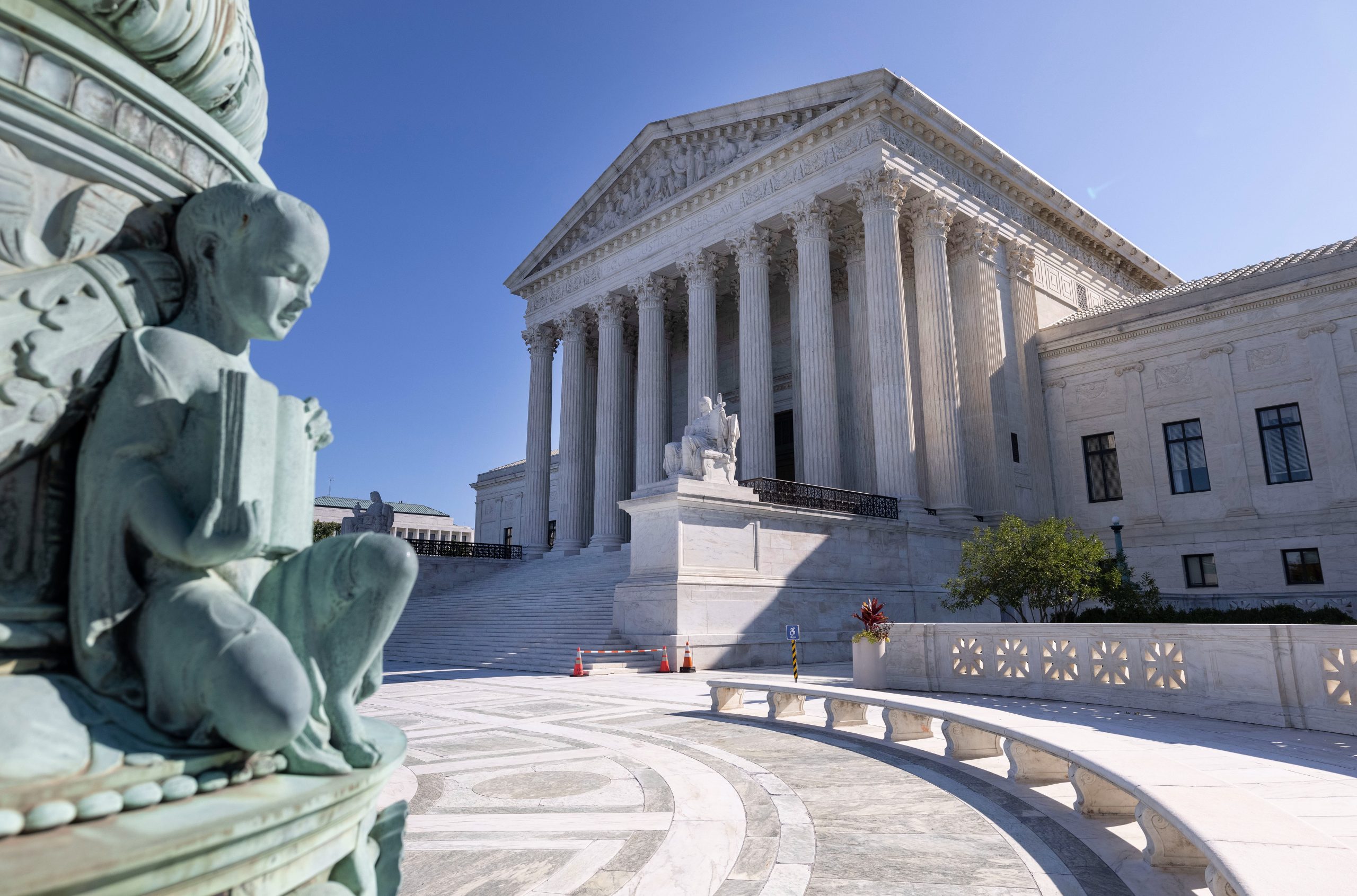The Supreme Court’s recent 9-0 decision ruled that states cannot use Section 3 of the 14th Amendment to remove former President Donald Trump from state ballots over his alleged role in the January 6, 2021, Capitol riot.
This decision, which surprised many on the left, highlights the principle of neutrality in law and principle, a concept that seems challenging for those obsessed with Trump.
Progressives had been critical of the Supreme Court for not expediting Trump’s immunity claims to align with President Biden’s campaign schedule.

US Supreme Court (Credits: NBC News)
However, the court’s decision underscores its role as a functioning institution that takes its constitutional mandate seriously, even if it doesn’t always get every case right.
The court’s decision also illuminates the broader dysfunction in other branches of government. Congress has increasingly delegated its responsibilities on key issues to the executive branch, while Democrats often support executive overreach.
Biden’s administration, for example, has been criticized for its unilateral actions, such as the unconstitutional student loan forgiveness plan.
Despite occasional missteps, the Supreme Court remains a crucial check against lawlessness and erratic governance. Its resistance to political pressure and commitment to upholding the Constitution are essential in maintaining the balance of power in the United States.
However, attacks on the court’s legitimacy and attempts to delegitimize its decisions could undermine its role as a safeguard against government overreach.























